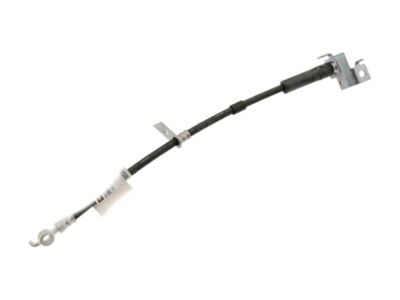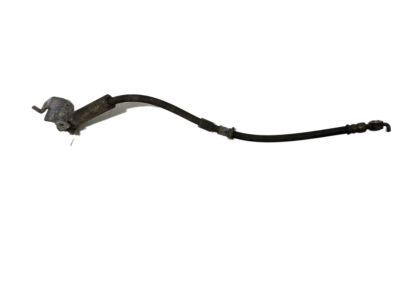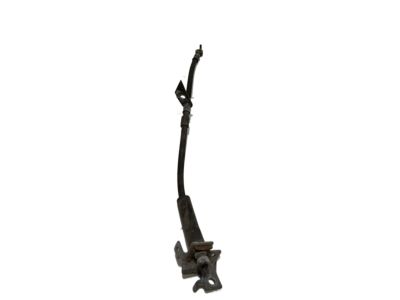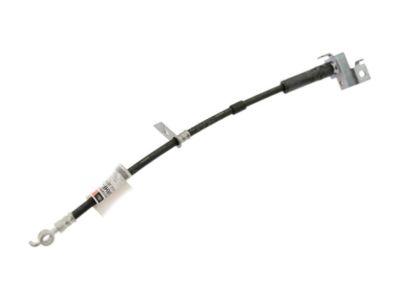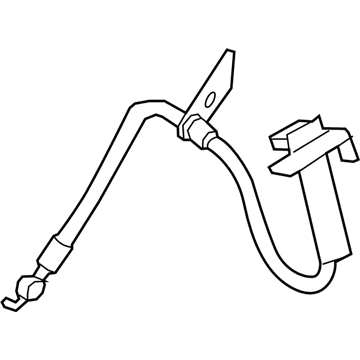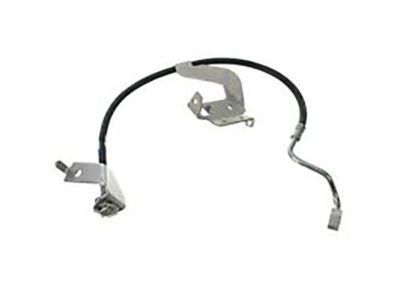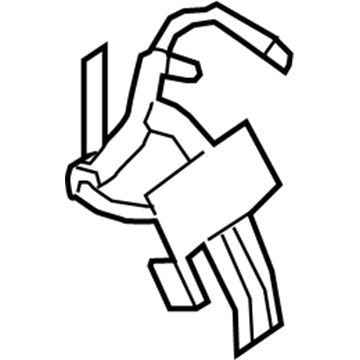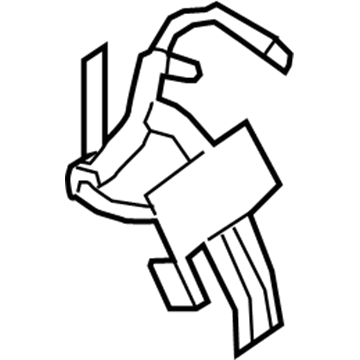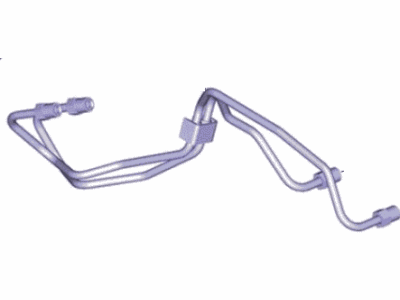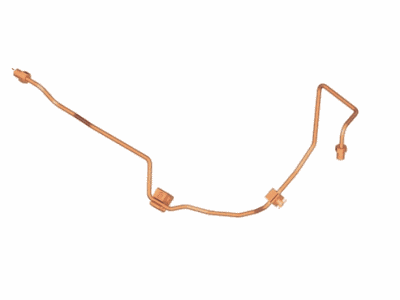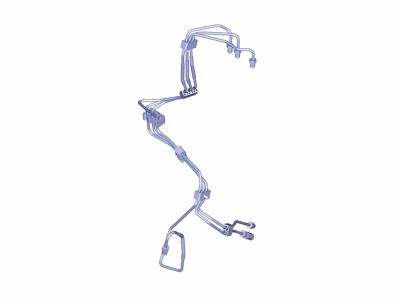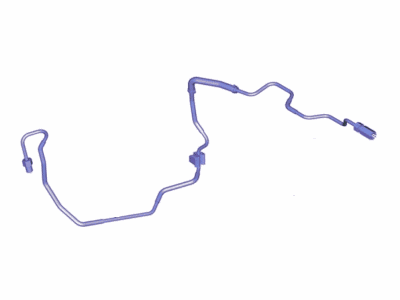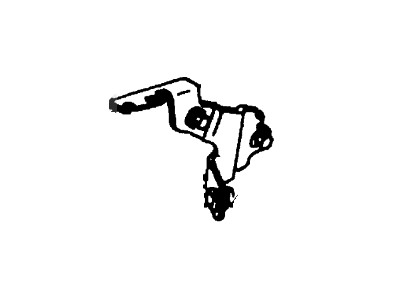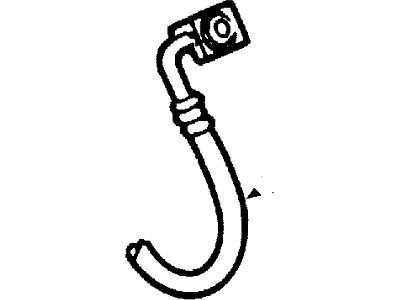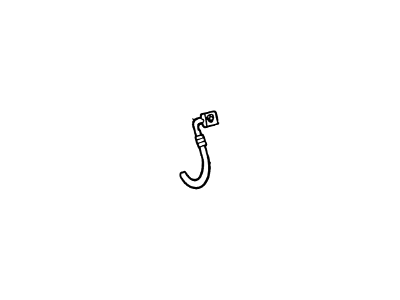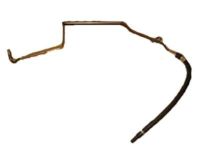

My Garage
My Account
Cart
Genuine Lincoln Continental Brake Line
Brake Hose- Select Vehicle by Model
- Select Vehicle by VIN
Select Vehicle by Model
orMake
Model
Year
Select Vehicle by VIN
For the most accurate results, select vehicle by your VIN (Vehicle Identification Number).
38 Brake Lines found

Lincoln Continental Hose Assembly - Brake
Part Number: G3GZ-2078-F$47.68 MSRP: $74.73You Save: $27.05 (37%)Lincoln Continental Brake Hose Assembly
Part Number: G3GZ-2078-G$47.91 MSRP: $75.09You Save: $27.18 (37%)Lincoln Continental Brake Hose Assembly
Part Number: G3GZ-2078-B$47.68 MSRP: $74.73You Save: $27.05 (37%)Ships in 1-3 Business DaysLincoln Continental Brake Hose Assembly
Part Number: G3GZ-2078-C$47.91 MSRP: $75.09You Save: $27.18 (37%)Ships in 1-3 Business DaysLincoln Continental Brake Hose Assembly
Part Number: G3GZ-2282-C$60.65 MSRP: $96.73You Save: $36.08 (38%)Ships in 1-3 Business DaysLincoln Continental Brake Hose Assembly
Part Number: G3GZ-2282-D$60.76 MSRP: $96.91You Save: $36.15 (38%)Ships in 1-3 Business DaysLincoln Continental Brake Tube Assembly
Part Number: G3GZ-2C360-A$56.05 MSRP: $81.95You Save: $25.90 (32%)Ships in 1-3 Business DaysLincoln Continental Brake Tube Assembly
Part Number: G3GZ-2265-B$76.61 MSRP: $122.18You Save: $45.57 (38%)Ships in 1-3 Business DaysLincoln Continental Brake Hose Assembly
Part Number: G3GZ-2282-G$60.65 MSRP: $96.73You Save: $36.08 (38%)Ships in 1-3 Business DaysLincoln Continental Brake Hose Assembly
Part Number: G3GZ-2282-H$60.76 MSRP: $96.91You Save: $36.15 (38%)Ships in 1-3 Business DaysLincoln Continental Brake Tube Assembly
Part Number: G3GZ-2263-A$30.54 MSRP: $47.45You Save: $16.91 (36%)Ships in 1-3 Business DaysLincoln Continental Brake Tube Assembly
Part Number: G3GZ-2263-C$30.54 MSRP: $47.45You Save: $16.91 (36%)Ships in 1-3 Business DaysLincoln Continental Brake Tube Assembly
Part Number: G3GZ-2C296-A$106.24 MSRP: $160.97You Save: $54.73 (34%)Lincoln Continental Brake Tube Assembly
Part Number: G3GZ-2263-B$58.14 MSRP: $85.00You Save: $26.86 (32%)Ships in 1-3 Business DaysLincoln Continental Front Brake-Flex Hose
Part Number: 1F3Z-2078-CA$5.80 MSRP: $8.05You Save: $2.25 (28%)Ships in 1-2 Business DaysLincoln Continental Brake Hose Assembly
Part Number: 1F3Z-2078-AA$47.02 MSRP: $64.25You Save: $17.23 (27%)
| Page 1 of 2 |Next >
1-20 of 38 Results
Lincoln Continental Brake Line
The Brake Line is a part of Lincoln Continental vehicles which provides the path from the master cylinder through which brake fluid is supplied to the brake caliper pistons to facilitate hydraulic braking system. Metallic brake pipes can easily corrode and this, combined with potential impact, results in leakage of the brake fluid and decreased hydraulic pressure. Brake hoses can also undergo physical as well as internal deterioration and this will have a negative impact on the brakes. In case of replacement, pre-bend brake line kits together with corrosion activities of stainless steel hoses are readily accessible for incorporation. Replacing the flexible hoses with braided stainless steel hoses gives a great deal of improvement in pedal feel and sensitivity especially when handling an car at a racing occasion.
We provide a wide range of Lincoln Continental Brake Line at the best prices possible. If you need Lincoln Continental Brake Line, you can shop with confidence on our website. All our OEM parts come with a manufacturer's warranty and are delivered to your door step with a fast delivery service.
Lincoln Continental Brake Line Parts Questions & Experts Answers
- Q: How to inspect and replace brake line and brake hoses in Lincoln Continental equipped with ABS?A:For vehicles equipped with ABS, ensure immediate plugging of the brake line after disconnecting it from the brake hose to prevent fluid drainage and air entering the HCU, as the HCU on ABS systems cannot be bled without a costly tool. During inspection every six months, raise the vehicle, support it on jackstands, and thoroughly check the rubber hoses connecting steel brake lines to front and rear brake assemblies for damage like cracks, leaks, blisters, and chafing. If any issues are found, replace the hose with a new one. To replace the flexible hose, disconnect the brake line using a flare nut wrench, ensuring the frame bracket and brake line are not bent. Remove the retaining clip, detach the hose from the bracket and body, and promptly plug the metal brake line to prevent air from entering the system. Replace the banjo bolt on the caliper with new sealing washers. Connect the hose to the caliper using new sealing washers, without twisting the hose, and attach the other end to the chassis bracket. Tighten fittings securely using flare nut wrenches and ensure no kinks or contact with suspension components. For replacing metal brake lines, use correct steel parts, avoid copper tubing, and support the new line securely with ample clearance from moving or hot components. After installation, check the master cylinder fluid level, bleed the brake system, and test the brakes carefully before driving the vehicle in traffic.
Related Lincoln Continental Parts
Browse by Year
2020 Brake Line 2019 Brake Line 2018 Brake Line 2017 Brake Line 2002 Brake Line 2001 Brake Line 2000 Brake Line 1999 Brake Line 1998 Brake Line 1997 Brake Line 1996 Brake Line 1995 Brake Line 1994 Brake Line 1993 Brake Line 1992 Brake Line 1991 Brake Line 1990 Brake Line 1989 Brake Line 1988 Brake Line 1987 Brake Line 1986 Brake Line 1985 Brake Line 1984 Brake Line
